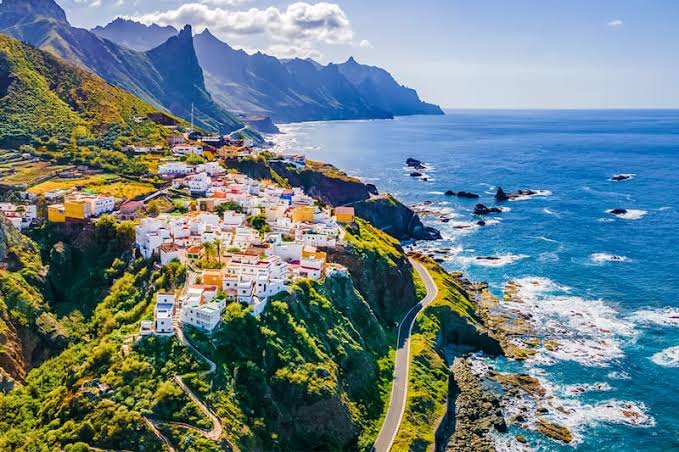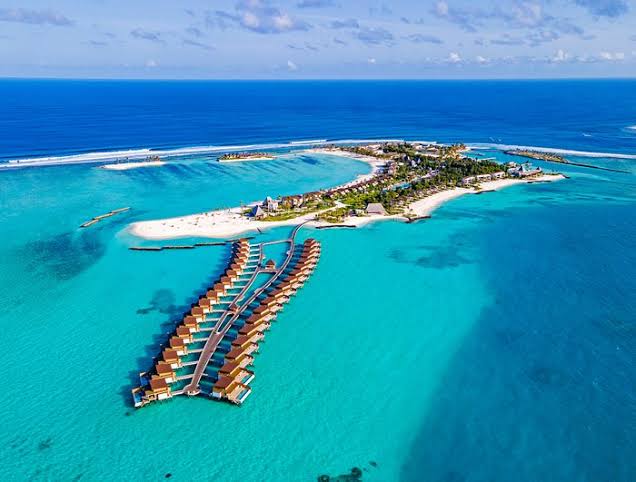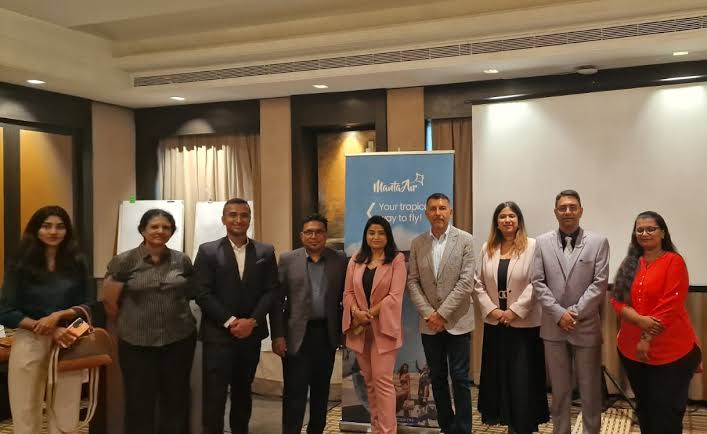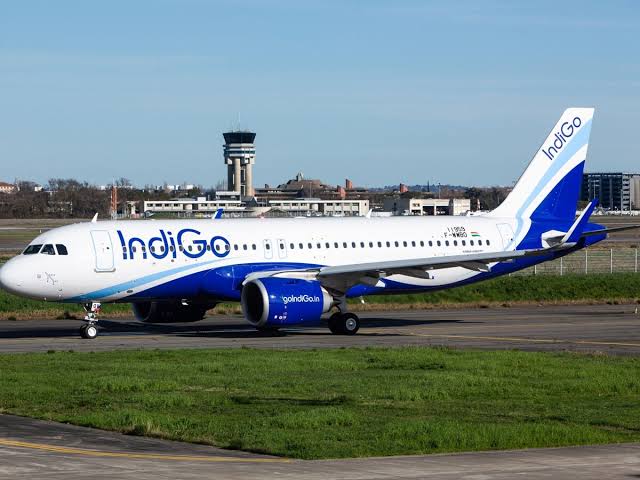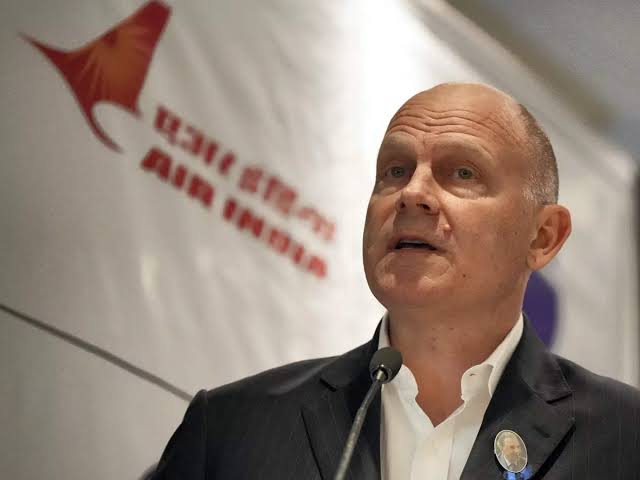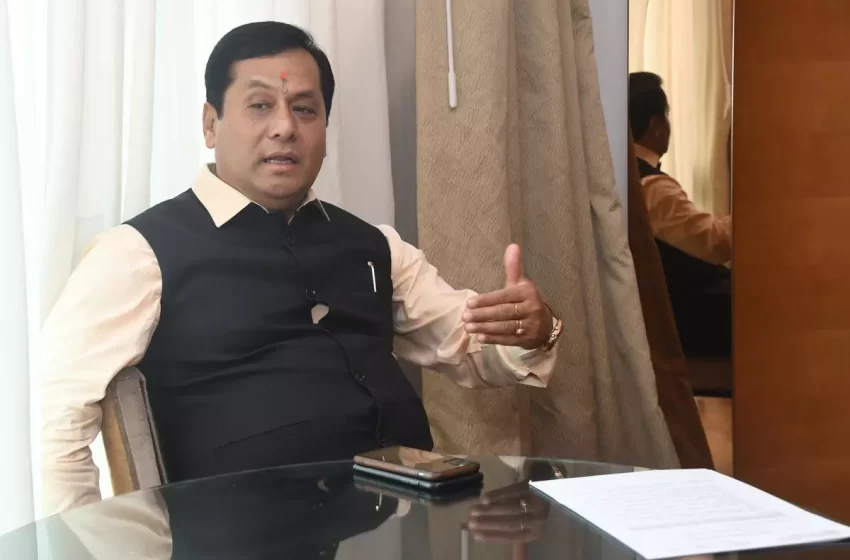The once serene beachside activities of collecting sand between one’s toes or gathering picturesque pebbles now carry significant repercussions. As visitors revel in the natural splendor of the Canary Islands, they must be mindful of the potential consequences – souvenir hunting could come at a considerable cost.
What may appear as innocent keepsakes from the beach may, in fact, result in unexpected financial penalties. UK tourists are now at risk of facing hefty fines of up to INR 2.6 lakhs (GBP 2,500 or USD 3,150) for taking ‘souvenirs’ from these island paradises.
This cautionary measure may catch many travellers off guard, as they may not be aware of the fines associated with collecting seemingly harmless tokens from the shorelines. Authorities are taking a firm stance against the pocketing of sand, rocks, and pebbles from the islands’ pristine beaches.
Reports from Canarian Weekly indicate a concerning depletion of natural resources due to tourist activities. Lanzarote and Fuerteventura, in particular, bear the brunt of this souvenir-hunting frenzy, with approximately 1,000 kg of natural material disappearing annually from protected areas.
Even renowned sites like ‘Popcorn Beach’ near Corralejo are not immune to the pilfering hands of tourists. Despite clear signage warning against such practices, around 1,000kg of the distinct sand from ‘Popcorn Beach’ vanishes each year, exacerbating environmental damage.
Enforcing these regulations poses a challenge for authorities, given the difficulty in tracing the origins of pilfered materials. However, the distinct nature of ‘Popcorn Beach’ sand facilitates identification and penalisation of offenders. British visitors caught in the act of taking this sand could face fines of up to EUR 3,000 (INR 3.1 lakhs).
In light of these developments, those wishing to preserve memories of their visit must find alternative means, leaving the natural beauty of the Canary Islands unharmed and pristine.
